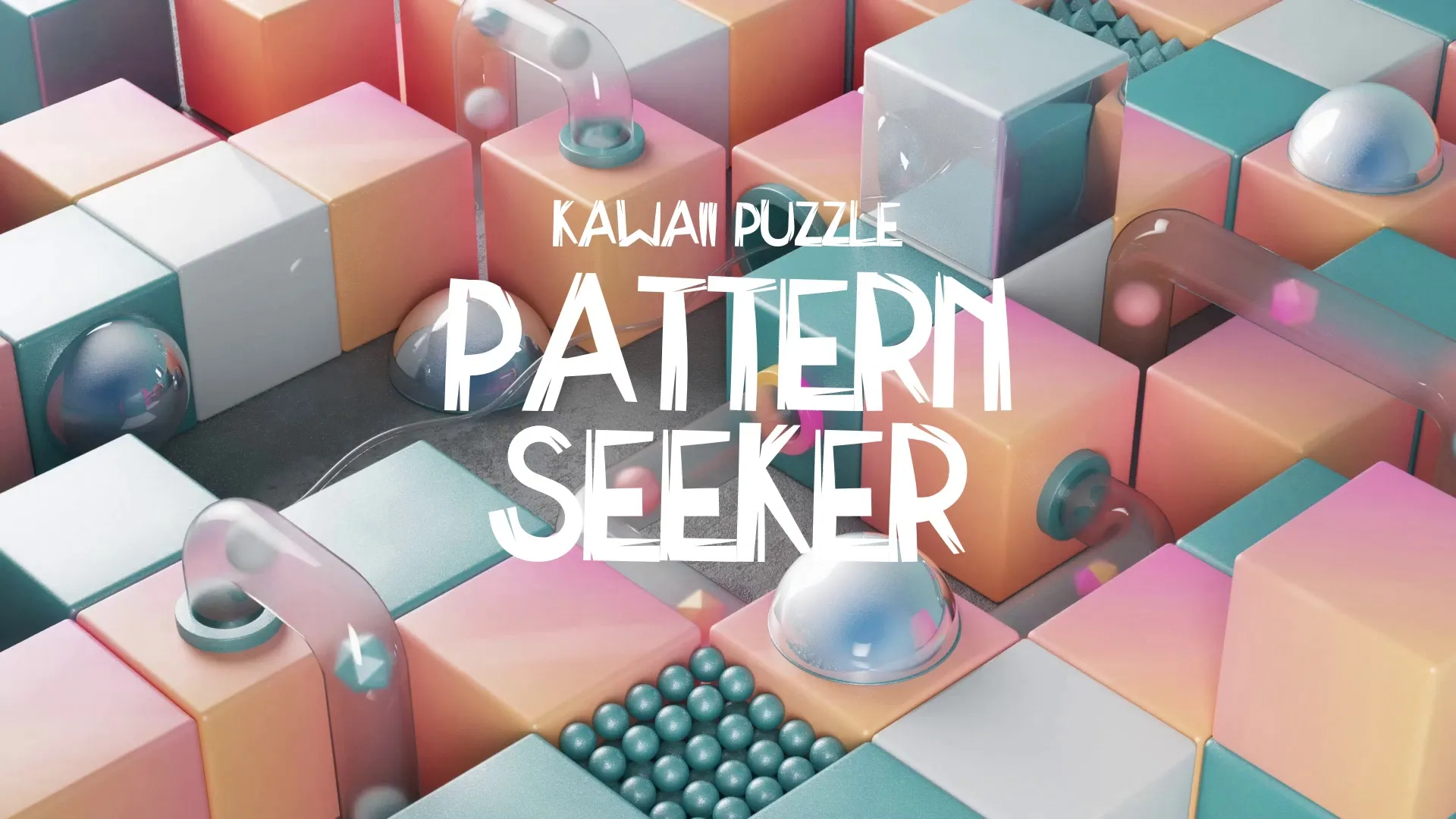The Indie Game Developer's Legal Guide: IP, Licensing, & Publishing
Navigating the legal landscape of indie game development can seem daunting. However, understanding key legal areas protects your creative work and future earnings. Proactive legal planning is a critical component of successful project management in game development.
Protecting Your Intellectual Property (IP)
Your game’s unique elements are its intellectual property. Safeguarding these assets is fundamental to your success.
Copyright: Automatic But Documented
Copyright protects original works of authorship, including your game’s code, art, music, and story. While copyright is automatic upon creation, registering it offers stronger legal recourse against infringement.
Keep meticulous records of your development process and creation dates. This documentation proves ownership if disputes arise.
Trademarks: Branding Your Game
Trademarks protect your game’s name, logo, and any distinctive branding elements. Registering a trademark prevents others from using similar marks that could confuse players.
Conduct thorough searches before finalizing your game’s name and logo. This prevents costly rebranding or legal battles down the line.
Trade Secrets: Your Secret Sauce
Trade secrets encompass confidential information that gives your game a competitive edge. This might include proprietary algorithms or unique marketing strategies.
Implement non-disclosure agreements (NDAs) with team members and partners. Clearly define what constitutes confidential information.
Understanding Music and Asset Licensing
Using third-party assets without proper licenses is a common pitfall. Licensing ensures you have the legal right to use content in your game.
Music Licensing: Rights and Royalties
Music licensing involves obtaining permission to use a musical composition or sound recording. Different licenses exist for synchronization, mechanical, and public performance rights.
Always secure clear, written licenses for all music used in your game. Royalty-free does not always mean free for commercial use, so read terms carefully.
Asset Licensing: Clear Usage Terms
Similar to music, all 2D assets, 3D models, and sound effects from external sources require proper licensing. Asset store licenses vary significantly.
Verify that the license permits commercial use and any modifications you plan to make. Understand if the license is perpetual, per-project, or time-limited.
Create a free account, or log in.
Gain access to free articles, game development tools, and game assets.

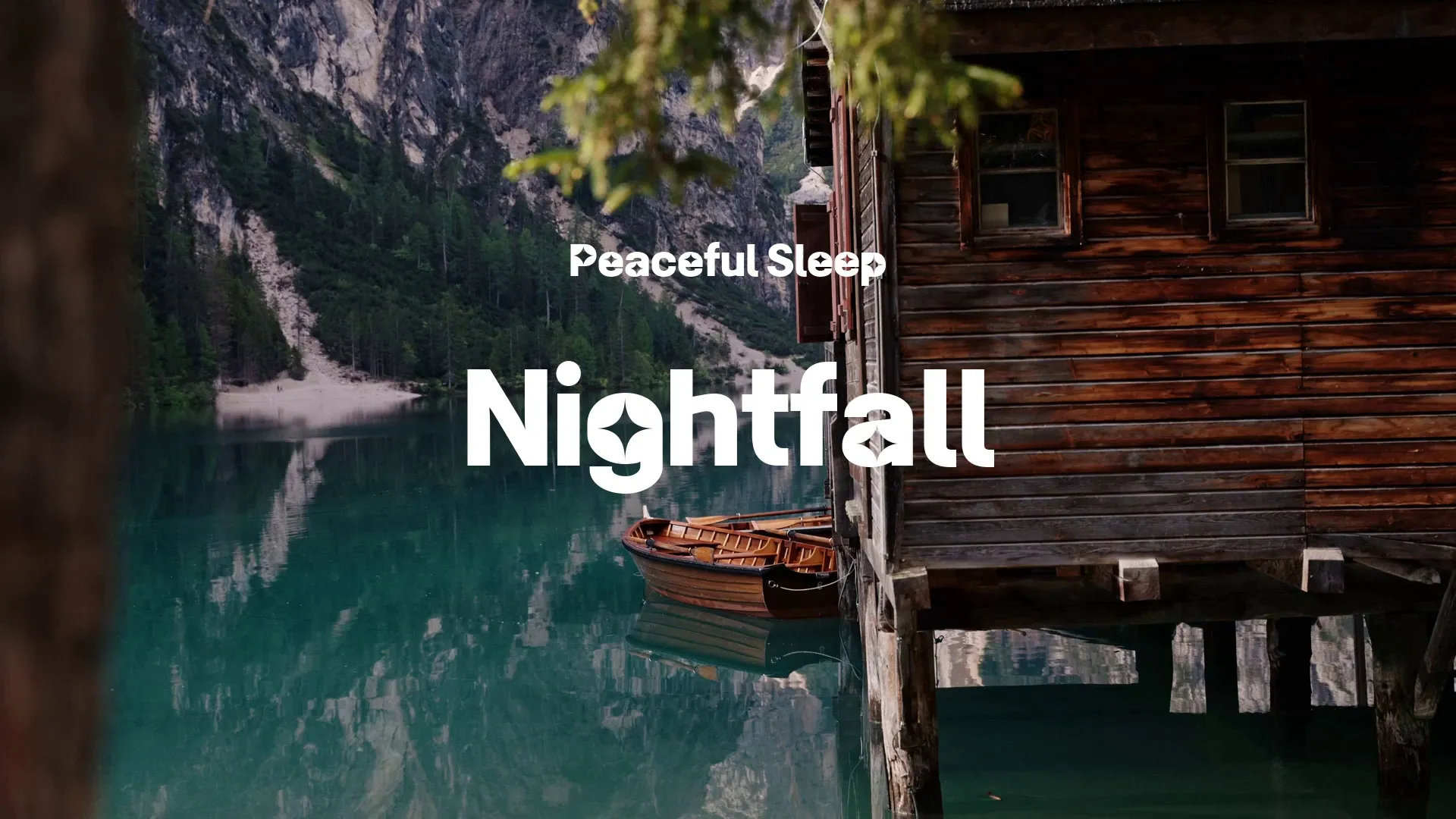
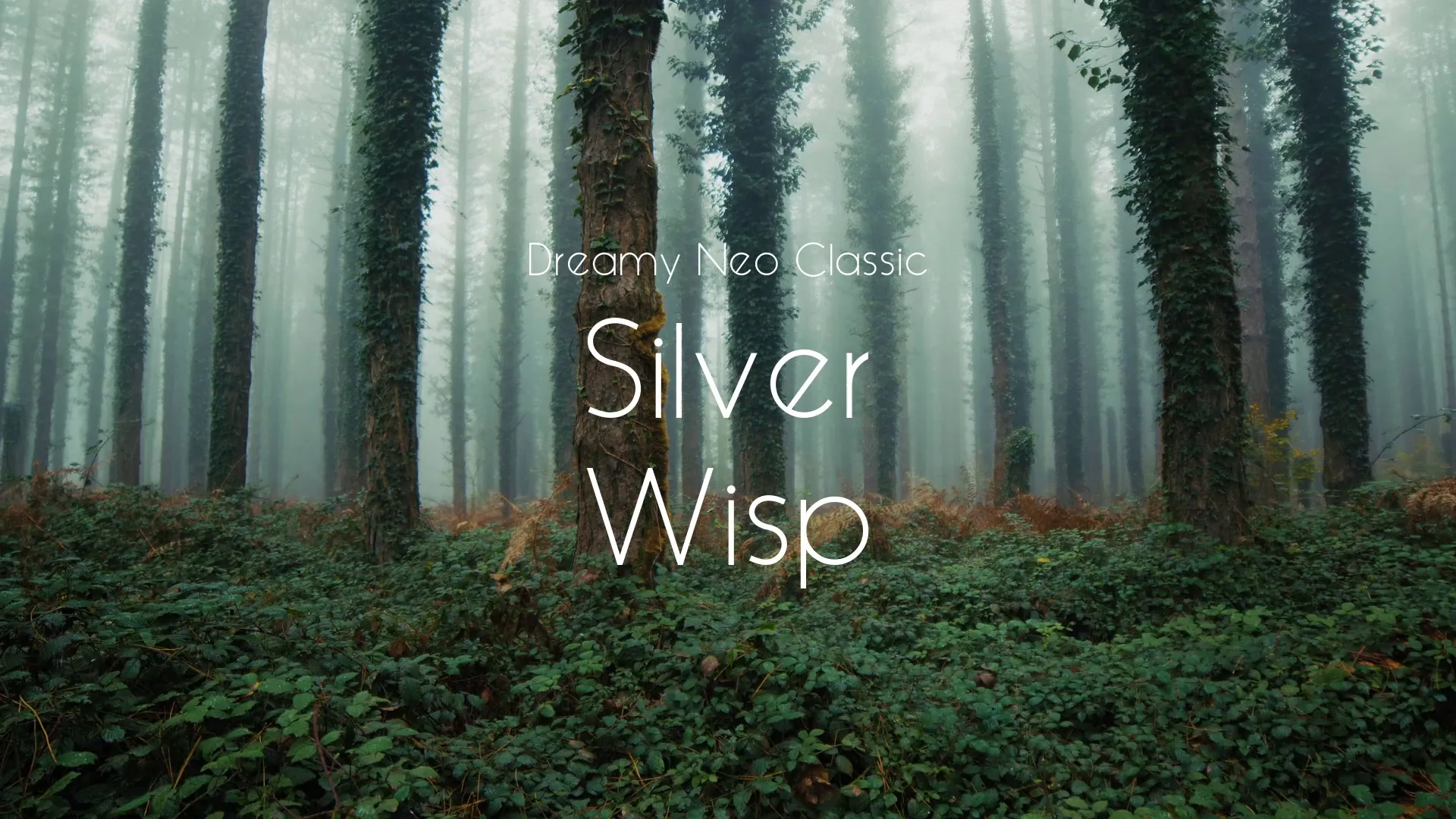



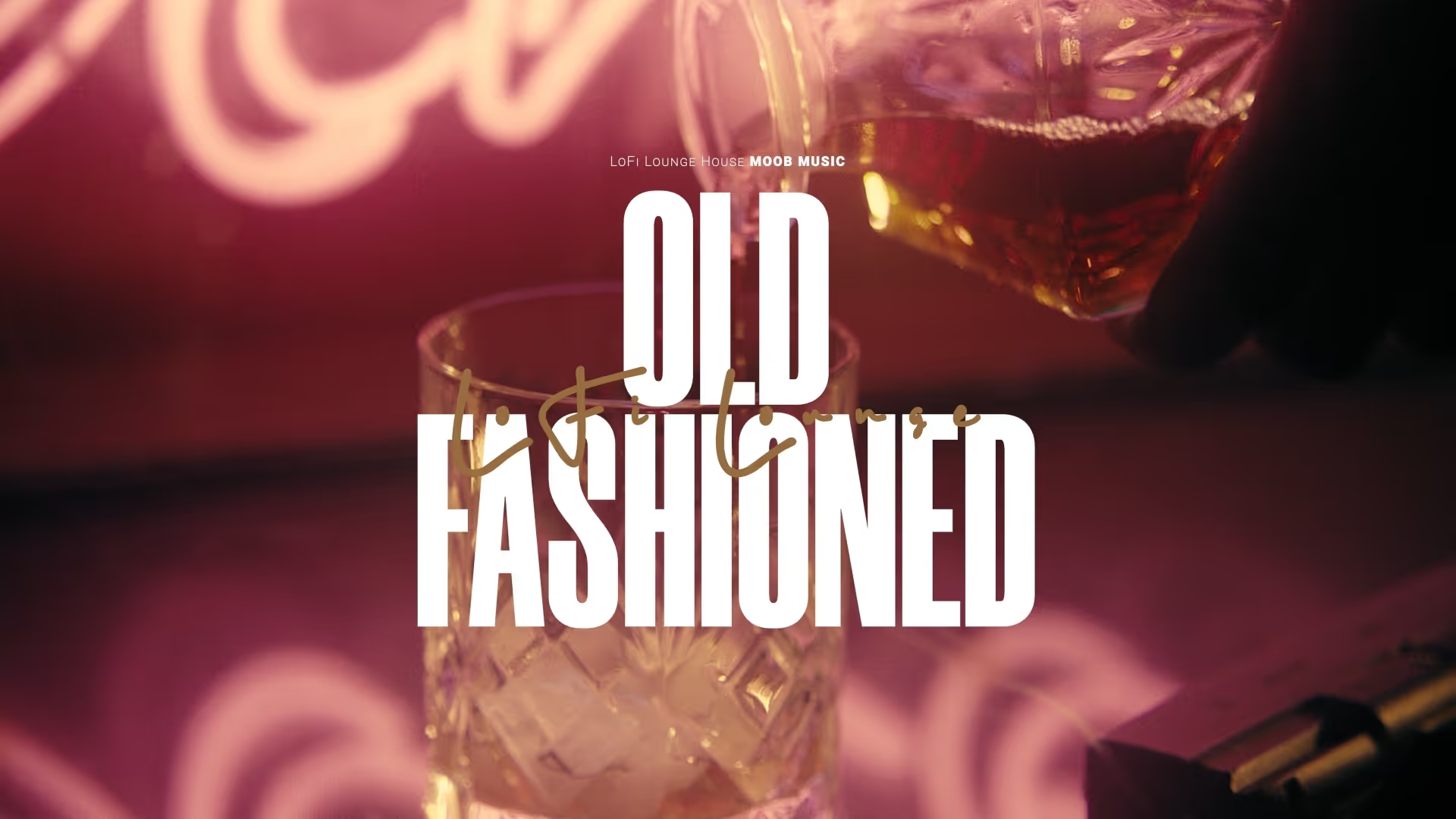
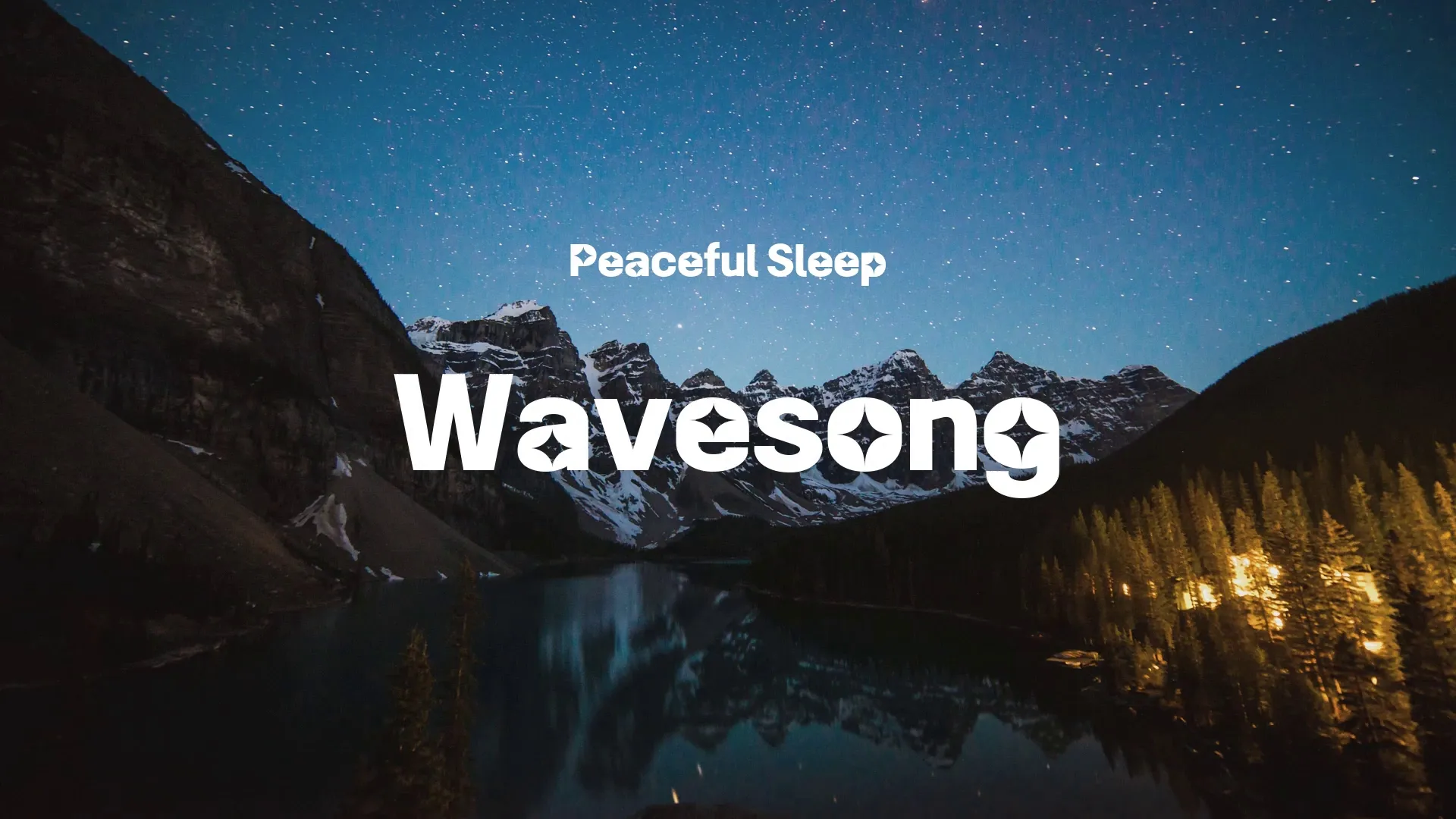
.webp)
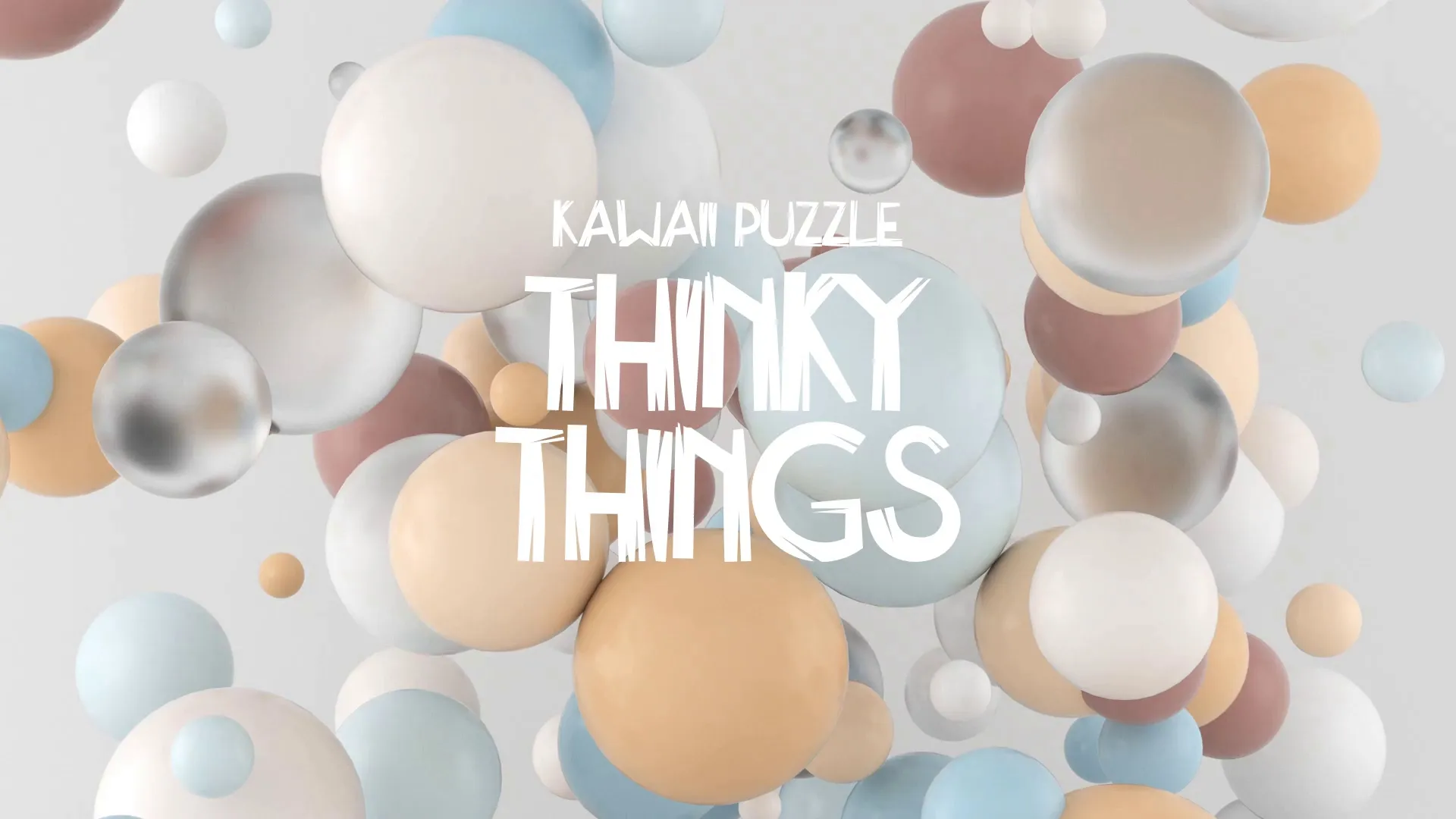
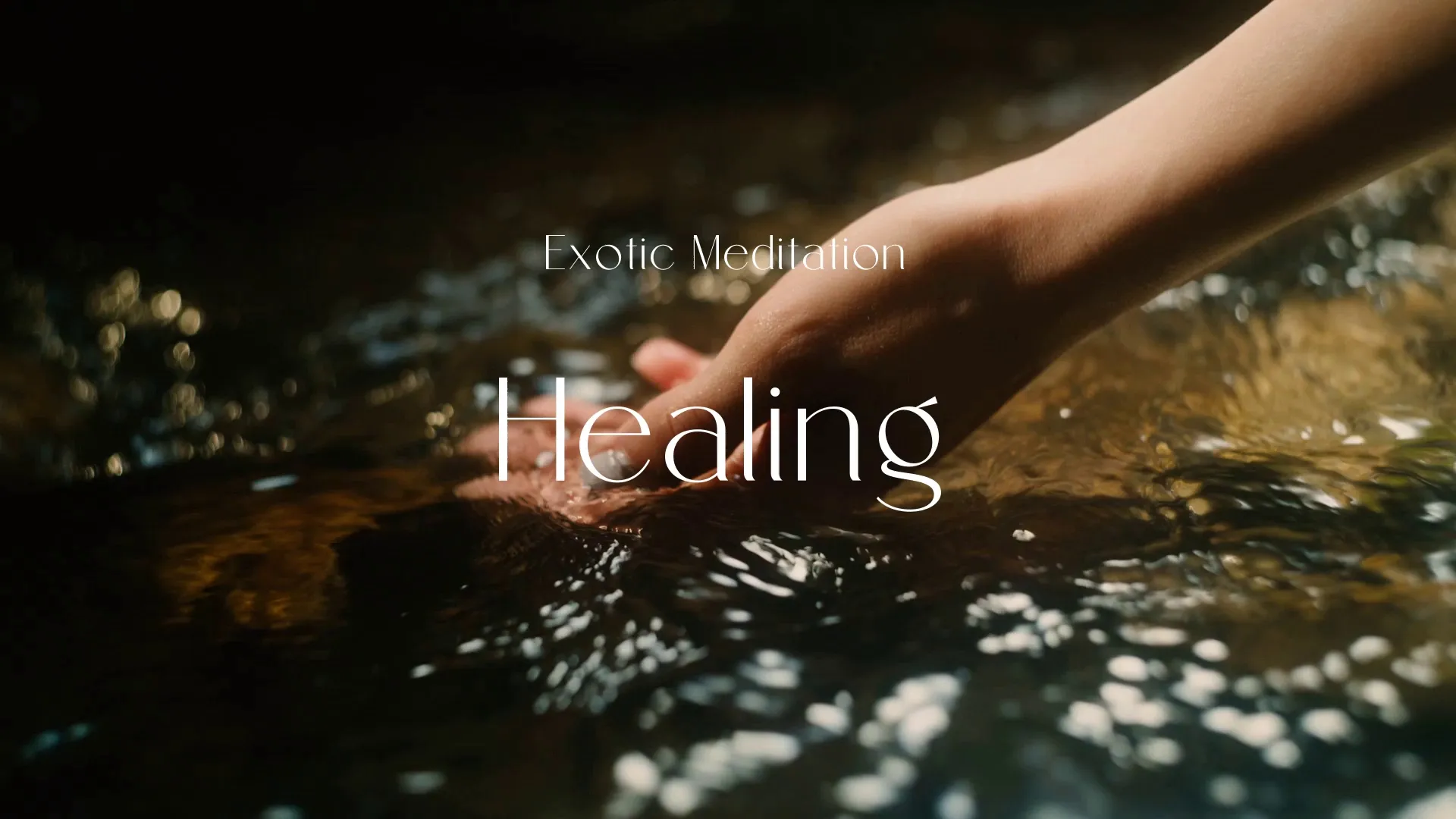
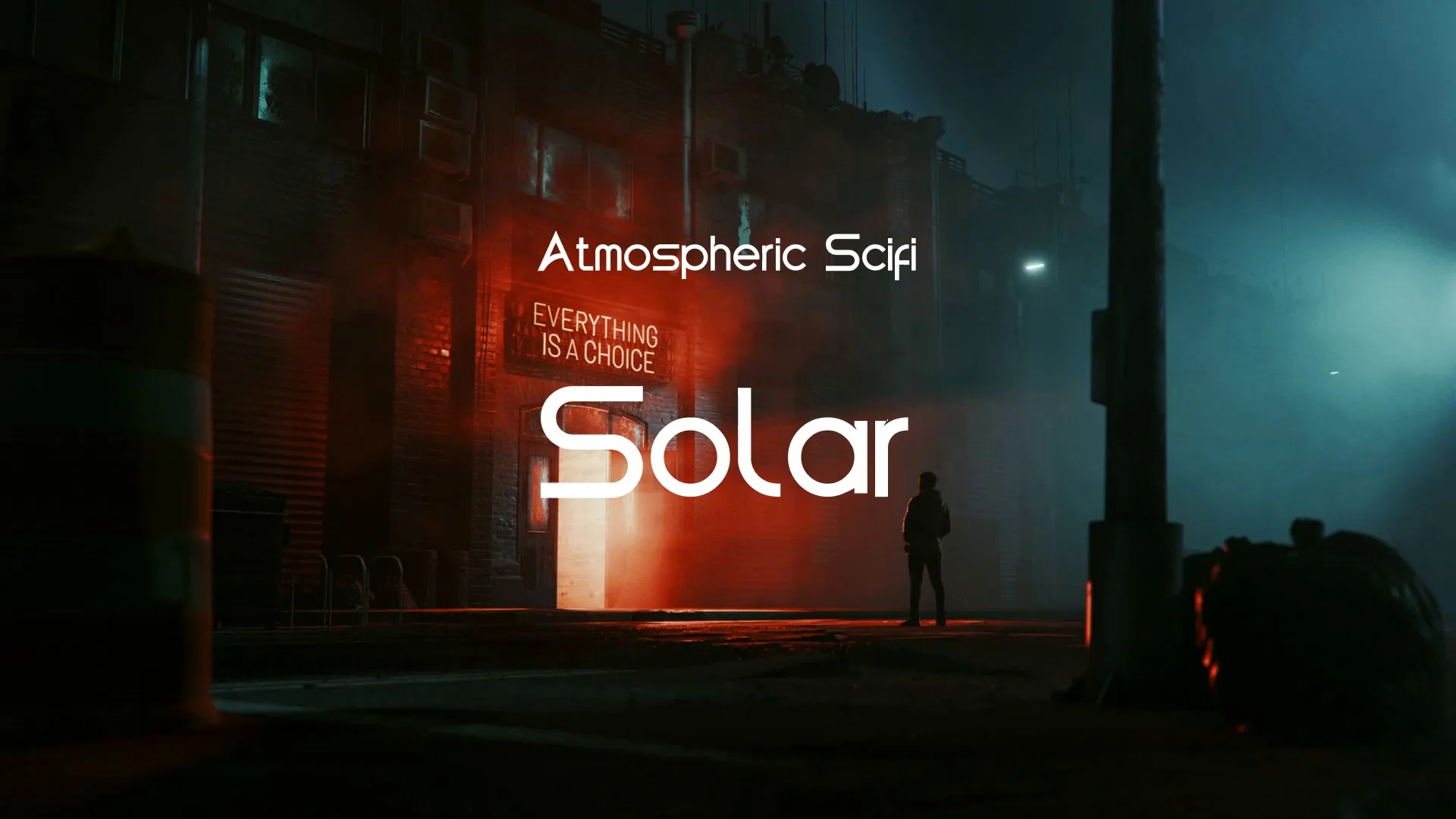

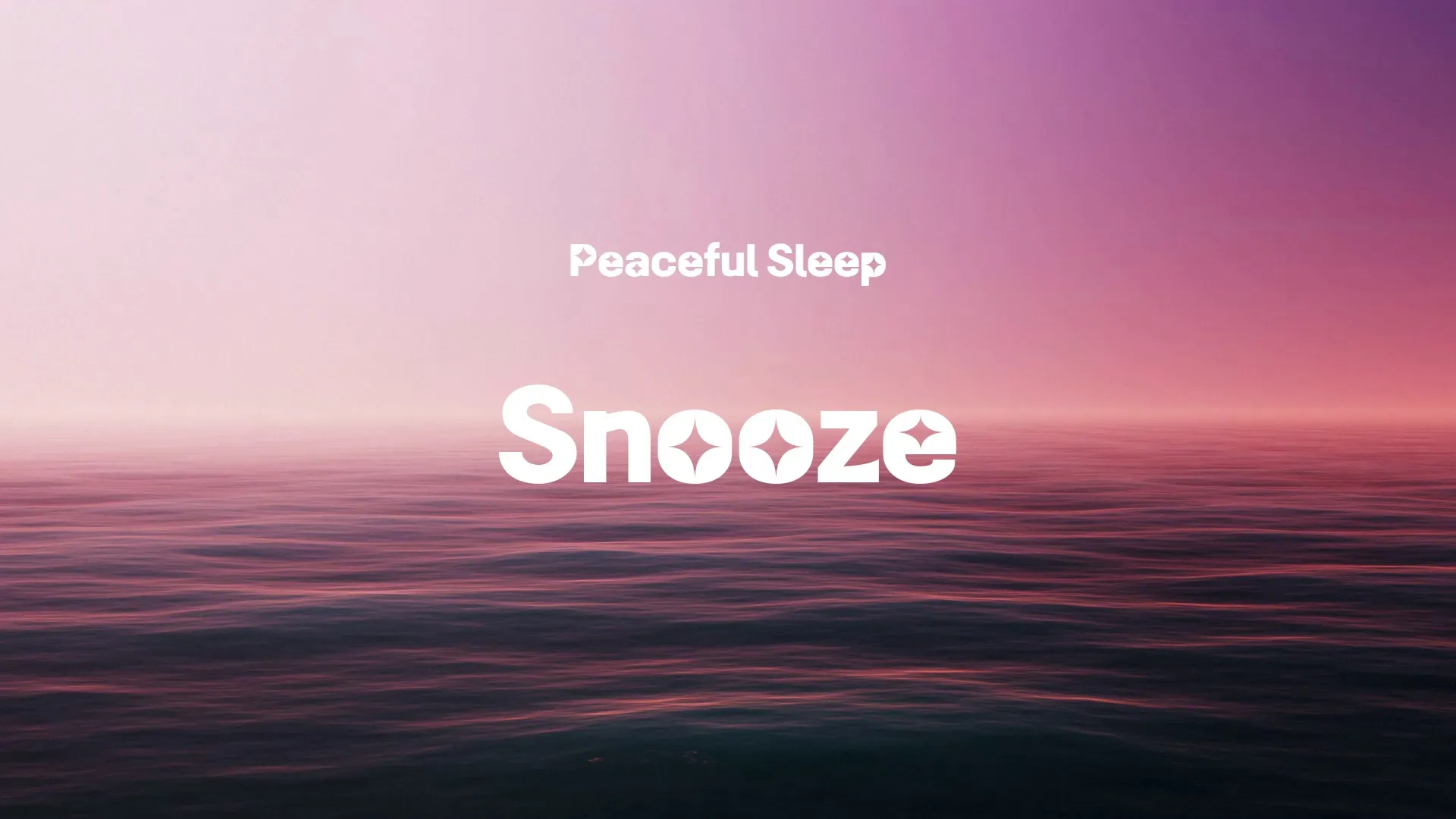

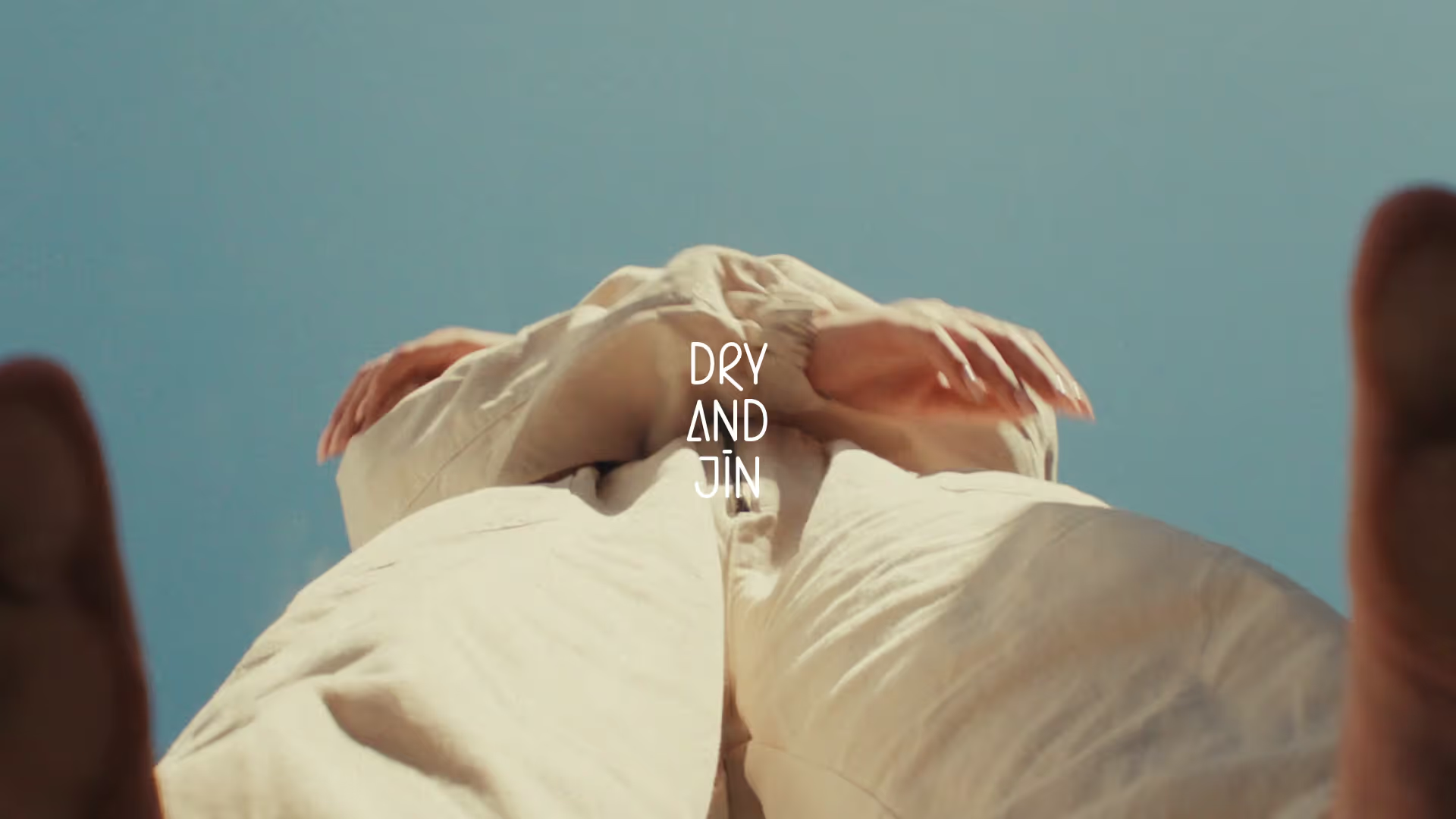

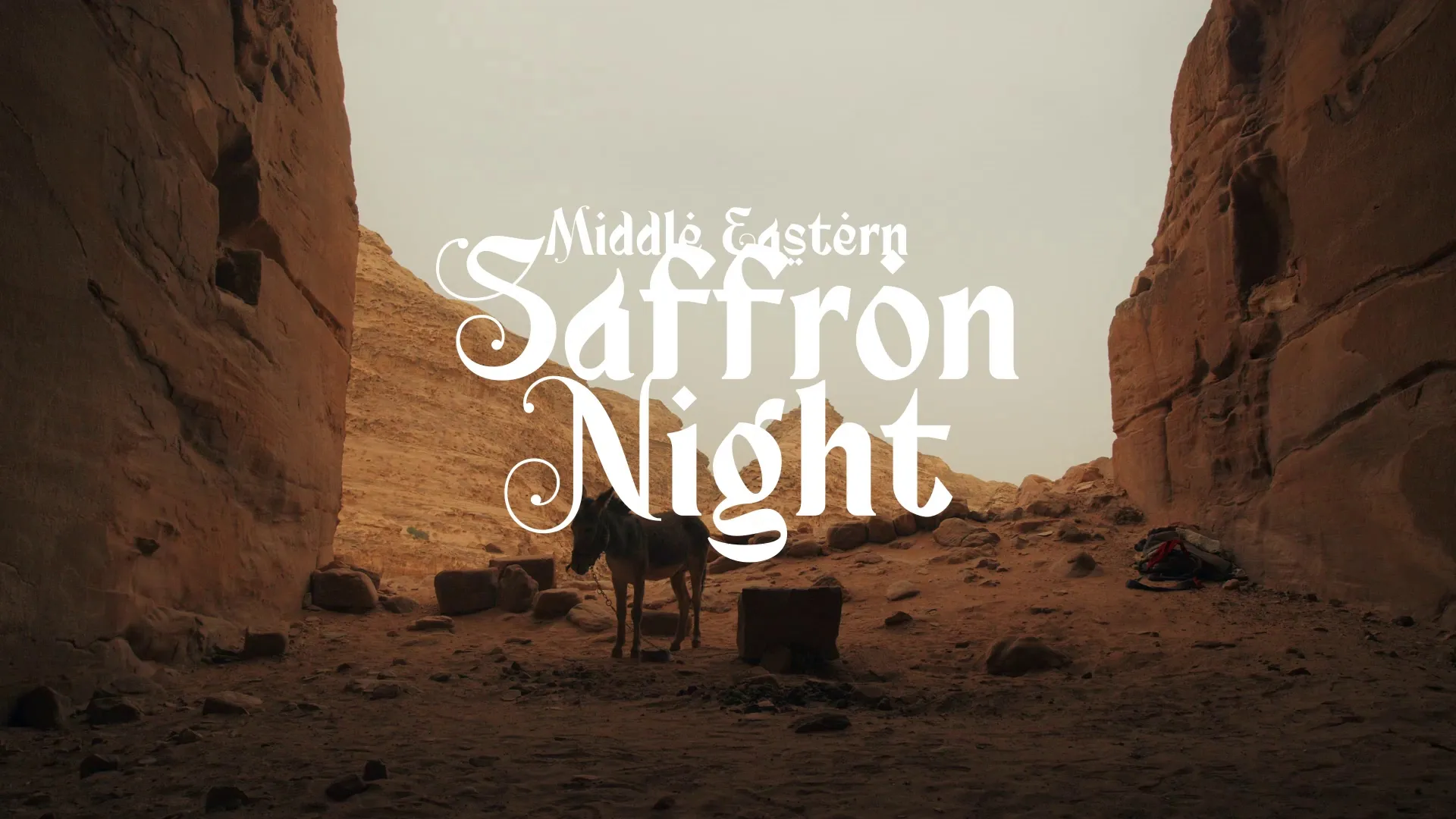
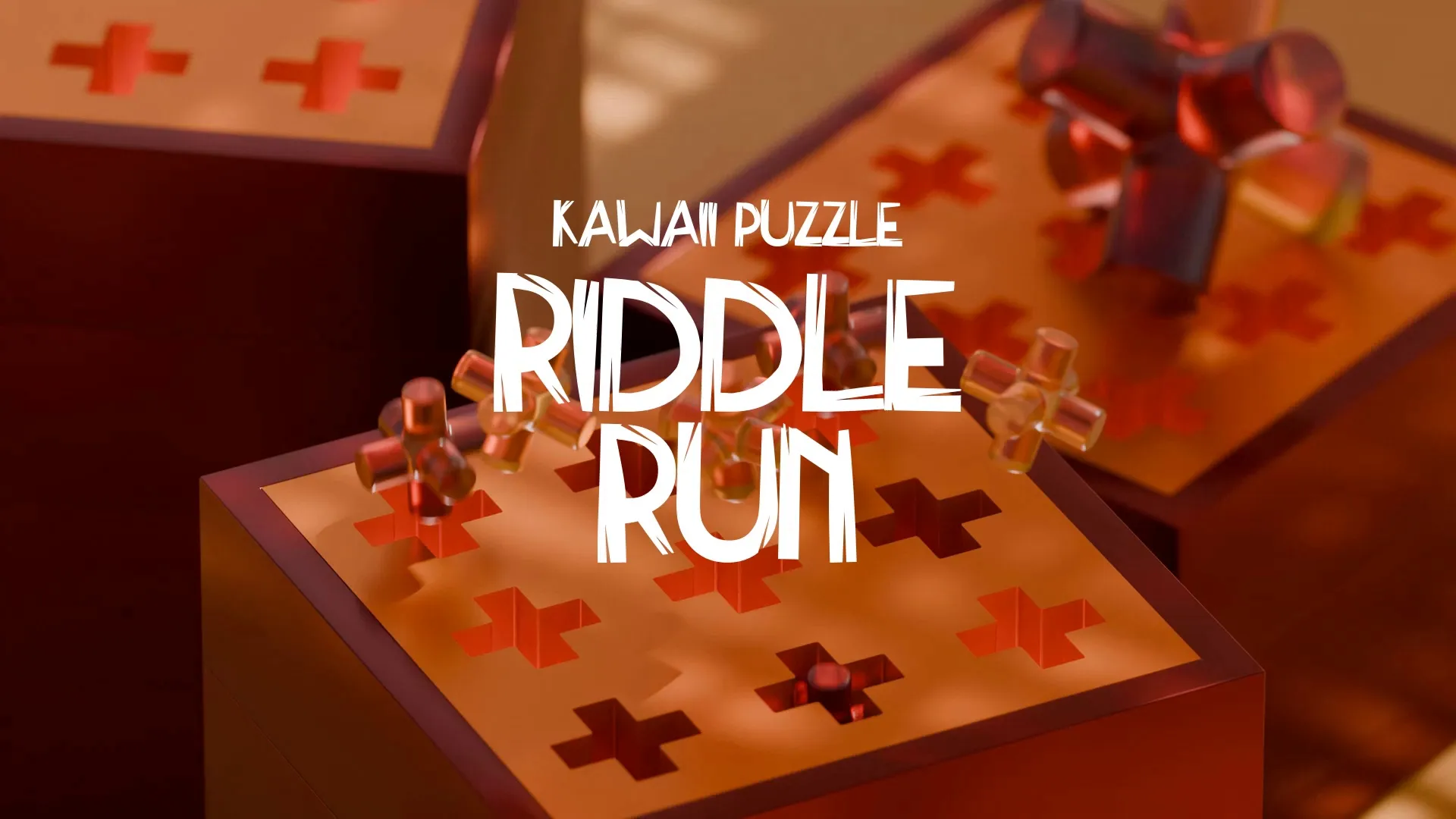

.webp)
